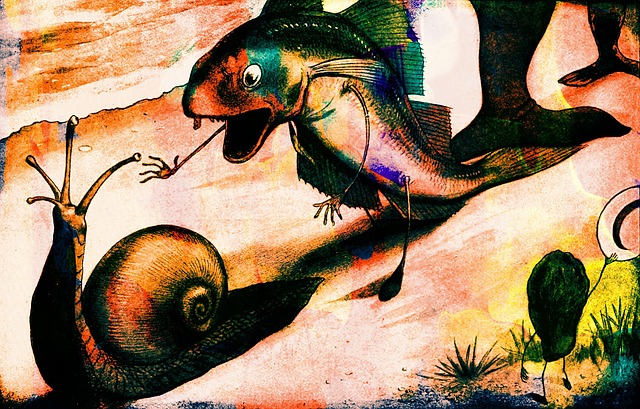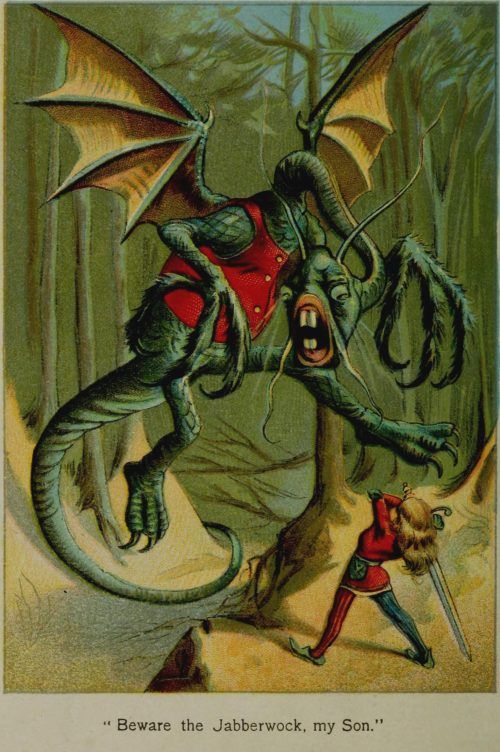I’ve been largely silent for a while from having a whole lot of editing on my plate. 2 novels and a chapbook of mine, things from other people, working on Gyroscope Review and the Press. Good thing I like editing. As much fun writing a new novel is, I really get into the flow when I settle in to edit. Multiple passes with multiple purposes. Right now, I’m eradicating weasel words from my novels. You know, words like “that” and “just” and “be able”, baggage words adding little to your prose because they’re part of our everyday speech and sneaky as hell.
Editing the novels also helps me edit poetry. The same thing happens there, lazy, non-freight bearing words creep in and somehow duck, dodge, and evade the editor’s knife. I’ve resorted to spacing poem lines 3-4 spaces (or more) apart, so I can only see one line at a time. It helps me find the bumpy places. It also forces me to think about what form I want the poem to take when it has no form at the moment. And still, unneeded words evade me. It’s nice when my writer’s group sees the problems in my blank spots. Then I can go about fixing them. The recommendations aren’t always in line with my vision, but they provide excellent ideas for revision.
I have a habit of not letting my work out to beta readers until it’s mostly done. I know you are supposed to get novels out to beta readers sooner, in case of plot holes, but I want my work as tight as I can get it before flinging it into the world. Then, if a plot hole needs to be patched, the whole novel is fresh in my mind and I can (usually) backfill and spackle over fairly easily. I know this method will probably come back and bit me in the butt someday. Most things do.
Trying Something New
It’s why I’ve come around to doing better outlines. Previous outlines have consisted of paragraphs of “this happens, then this, then this” and 10,000 words of backstory to help me find my way. I like my method and it works for me, but I see where a bit more stringent outlining will speed things along. I have an outline for editing. A checklist of stuff to evaluate and correct. Like weasel words. I’ve made one for editing poetry also, trying to address my blind spots. It’s a good method to try.
I know a lot of writers who only tolerate the editing stage of writing. I like editing, I think it comes from being an artist. I love the process, I’m a process person, not a project person. (Which doesn’t bode well for novel endings. Alas.) Teach me something new, and I’ll happily spend time puzzling it out. That’s what editing is to me, a great, big puzzle, or the boss level of a video game. What is editing like for you? I’m curious about other people’s methods—poetry, essay, or novel. What gets your editing brain in gear? Any advice?
Some of my other essays on editing:
Self-Inflicted Wounds – Revising Poetry, Part I
Telling Little Stories – Revising Poetry, Part II
Here are some outside links to articles on weasel words in writing
Rocky Mountain Fiction Writers
Outside Links to Editing:
The 12-Point Checklist for Poetry Editing





